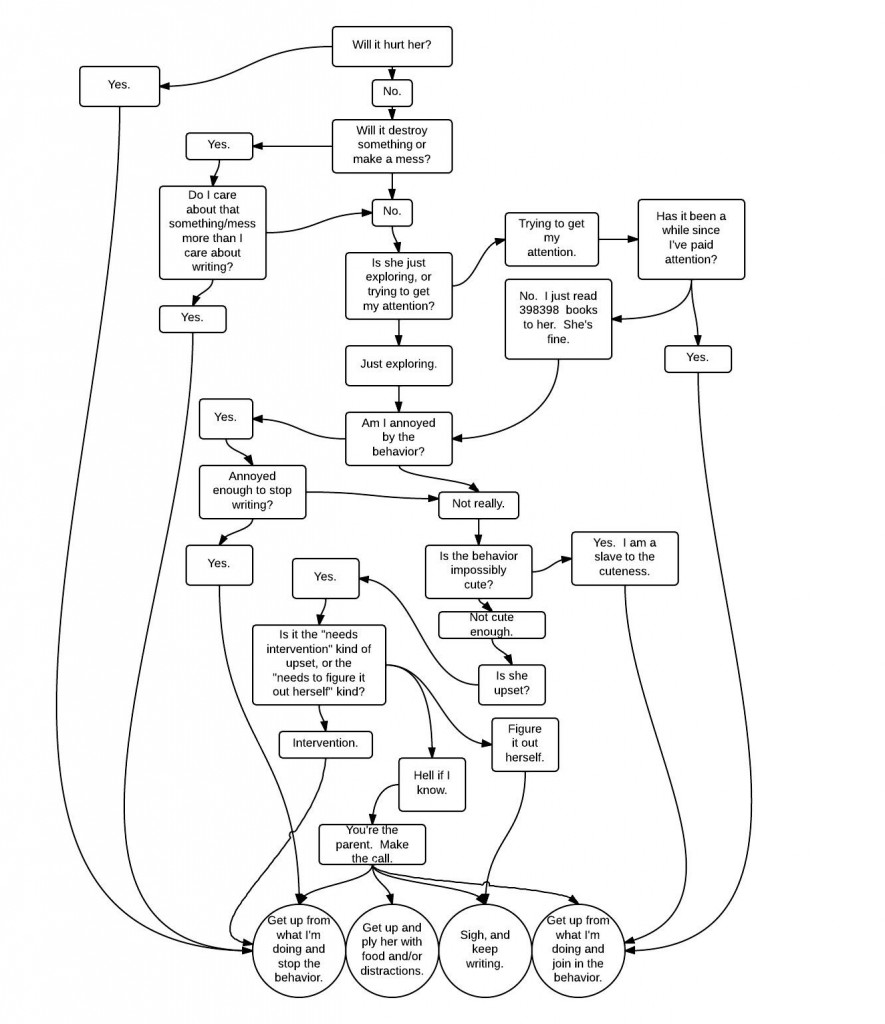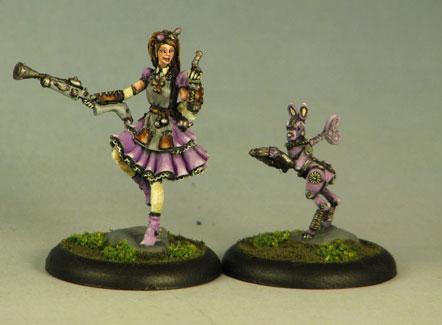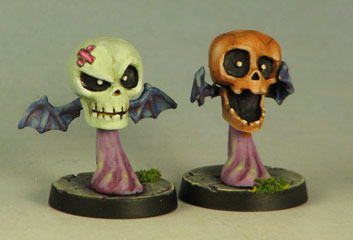I have seen a lot of wonderful posts lately about the pros and cons of traditional vs. indie publishing. They give a ton of good information. I’m not going to link to them, because I don’t want to give the impression of picking on anyone in particular, but if you look around the YA blogosphere, you’ll find them. And you should, because they’re really informative.
But one thing concerns me. Over and over again, I see authors saying that one of the huge pros of going with a traditional publisher is that they will get your work into bookstores.
This is close to true. So close that I see tons of people saying it, and other people nodding along. Authors want this to be true. Publishers want this to be true. But there’s this bit of falsehood in it that I think is important to recognize.
Here’s the truth:
Your big five publisher wants to get your book in the bookstore.
They are your best bet for getting your book into the bookstore.
With the exception of a stroke of luck or genius with a (very) reputable small press, they are your only way to get into a bookstore.
But ANY publisher who promises they can get your book into the bookstore is lying to you.
Why?
Because publishers don’t actually have any power over what’s on the bookstore shelves.
Who does?
The buyers at Barnes and Noble.
(Also the buyers for every other bookstore. But B&N are so much of the landscape these days, I’m just going to talk about them.)
Here’s the ugly truth: the buyers at Barnes and Noble don’t pick up every book that is put out by the big five. Really. They don’t.
This should be evident. Been in a Barnes and Noble lately? Seen how little of their shelf space is now dedicated to books? Barnes and Noble isn’t the bad guy. They’re trying to stay relevant in a rapidly changing business landscape. But their bookshelf space is dwindling, and even before that happened, shelf space was a scarce resource. ALL bookstores need to maximize the selling potential of their shelf space by stocking books that move off the shelves and generate revenue.
So the buyers are selective about what they shelve in store. They have to be. And, as a consequence, there are books that get published by big five publishers that don’t see the bookstore shelves. This can happen for a variety of reasons. But it happens. All the time.
Here’s something I don’t talk about: mine was one of them. I’ve been a published author for two years and I have never seen my book on the bookstore shelf. This is hard for me. Because that’s the dream, right? That’s the thing you visualize when you’re writing your first novel, and you’re wondering if you can do that. I remember when I told my mother I wanted to be a writer. I was eighteen, and just starting to picture what I was going to do after college. “It’s hard to make it in writing,” I said. “I don’t know if it’s a good idea.”
And this is what my mother said to me: “Go to the bookstore. Look around. All those people did it. Why shouldn’t you?”
That’s why I’m a writer today.
In grad school, a professor asked us to write down three concrete goals that we wanted to achieve in the next five years. Here was my list: 1) finish my master’s program 2)sign with an agent 3) find my book on the shelf at the book store.
That was in the Spring of 2006. A year later, I signed with my first agent. A year and a half later, I finished my master’s program. And four years later, I sold my first novel.
On track, right?
It’s been eight years. I’ve never seen my book on bookstore shelves. I don’t know if I ever will. And the truth is, it doesn’t matter. The real dream is to write words and sell them for money such that I can afford to write more. That’s the dream that matters to me, and there are people doing that whose books are not on the shelves at Barnes and Noble. But I still cringe every time I hear authors (and others) saying that the big publishers will get you into the bookstore.
They do get books on those shelves.
They’re basically the only ones who can.
If you sign with them, they will try to do so for you.
But just know that when you submit to them, and when you sign with them, you are hoping for a possibility, not celebrating a forgone conclusion.
And let’s try to be realistic when we talk about the facts of publishing. Let’s try to talk about the good possibilities, and the bad. Because as writers, we’re business people. We’re making business decisions. And like any business, it’s important to base those decisions on facts, even when the facts aren’t what anyone would like them to be.







